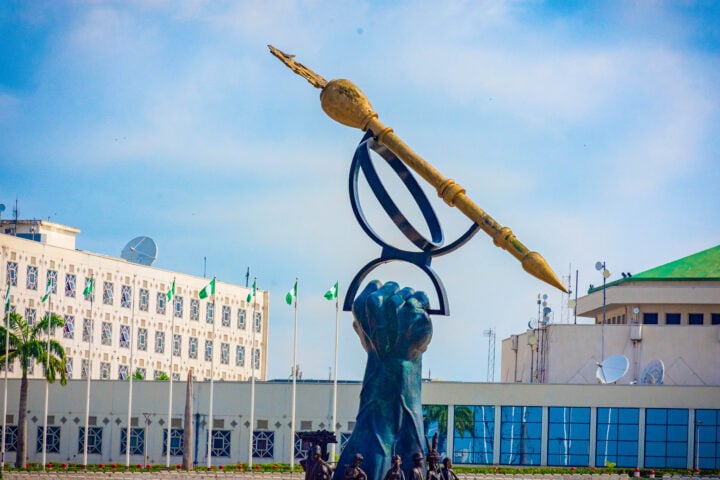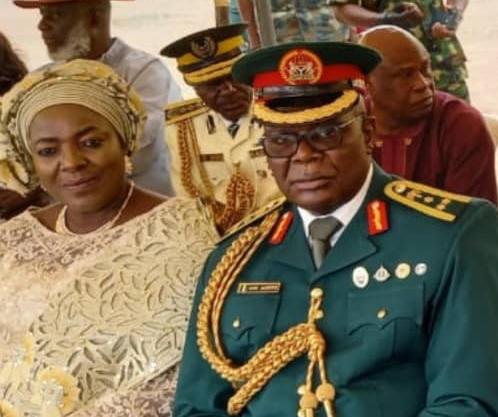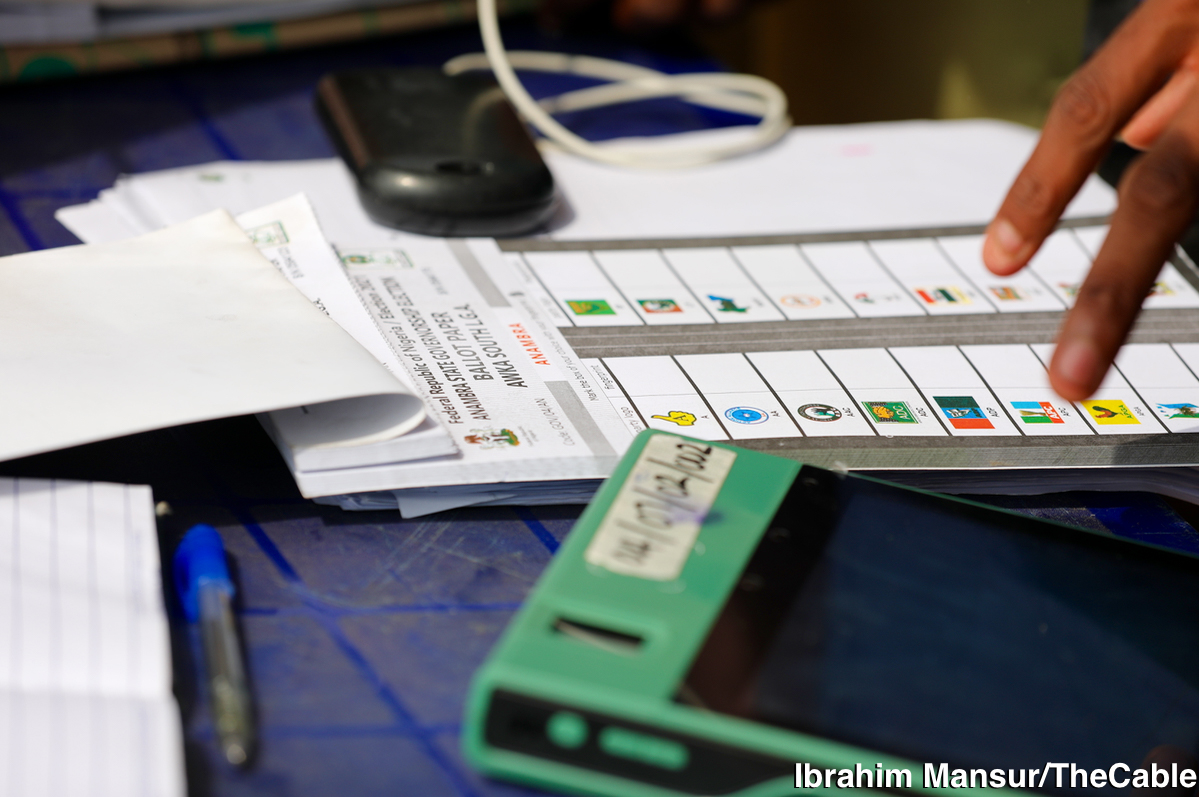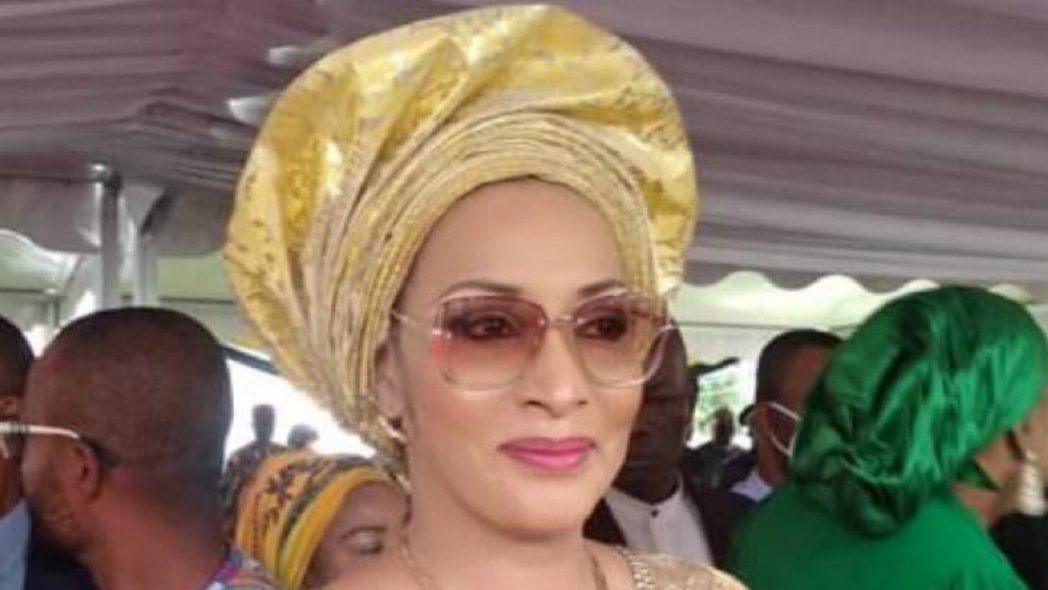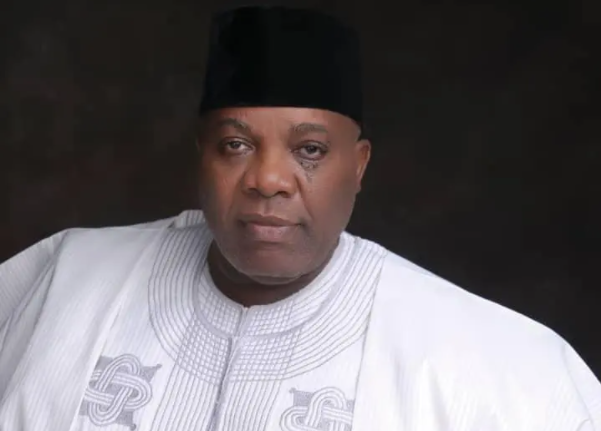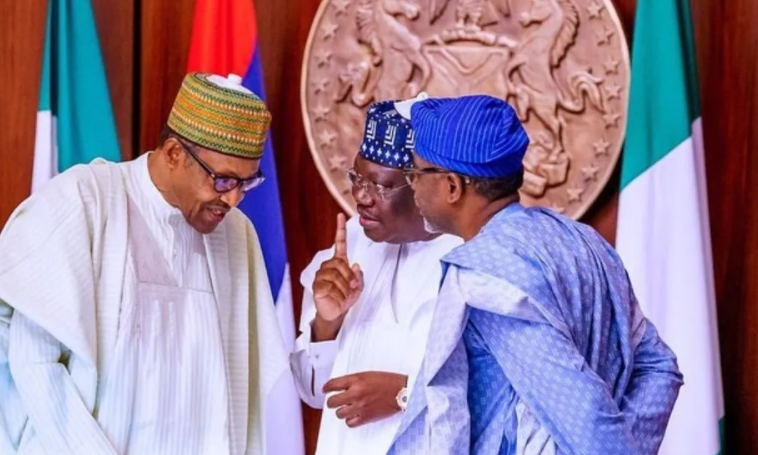Global trends indicate the slow-paced progress in closing gender gaps across major dimensions of human development in different countries. Nigeria remains one of the poor performing countries with respect to closing its gender gaps, especially under political empowerment. In 2020, Nigeria ranked 145 out of the 153, and in 2021, 149 out of the 153 countries surveyed under the political empowerment dimension (World Economic Forum Gender Gap Report). For women’s representation in parliament, Nigeria ranks 184 out of the 187 countries assessed by the Inter-Parliamentary Union in 2021. To put these rankings in context; if Nigeria was a student in a class of 153/155/187, Nigeria will be that student always amongst the last 10 in class. Nigeria is that “F student” who either needs extra lessons, substitute classes or special care to perform better. What loving parent wouldn’t do all within its power to help their child succeed in life regardless of the cost? The Special Seats Bill is that necessary decision like a “special class” that can help boost Nigeria’s status as one of the countries making efforts to improve women’s representation in elective office.
The Special Seats Bill is one of the gender bills whose fate is still in the hands of Nigeria’s senators and representatives. Co-sponsored by the Hon. Nkeiruka Onyejeocha, Speaker Femi Gbajabiamilia and over 80 legislators, the bill seeks to increase women’s representation in legislative houses. The bill is a form of legislated reserved seats which is one of the globally recognised gender quotas designed as a positive measure to enable incremental growth in political representation for women. According to International IDEA, “gender quotas aim to reverse discrimination in law and practice and to level the playing field for women and men in politics”. In its 2013 ‘Atlas of Electoral Gender Quotas’, IDEA highlighted that about 118 either adopted a form of gender quota in their constitution or electoral law to increase women’s political representation.
Almost 23 years of democracy, Nigeria is yet to adopt any form of gender quota notwithstanding the decline in women’s representation. Women’s representation in the 9th national assembly is currently at 4.47% (21 of the 469 legislators). So far, the highest number of women in the national assembly was in 2007 with 36 women out of 469 legislators at 7.6%. Currently, 15 states in Nigeria have no women in their state assembly. The 2019 general election revealed that while there is an increase in women aspirants, the percentage of women emerging as party candidates reduced post-party primaries, especially for legislative houses. In 2019, women’s candidacy for the senate was at 12.3% a decline from the 17% in the 2015 elections. For the house of representatives, women’s candidacy was at 11.6% in 2019 — a decline from 15% in 2015 elections, and for state assembly at 12.7% in 2019 — a decline from 14% in 2015. The political trajectory indicates that Nigeria is heading to an almost all-men legislative house if legislative measures are not taken to guarantee women representation in elective offices.
Nigeria practices a first-past-the-post/majority electoral system designed to ensure that the winner takes all. This is why political parties/candidates fight dirty to win elections at all costs. The challenge with this system is that it is averse to minority or marginalised groups’ representation. Accordingly, historically marginalised groups like women fight tough but yet are kicked out of the space by existing structural challenges and patriarchal orientations. The Special Seats Bill seeks to amend sections 48, 49, 71, 77 and 117 of the constitution and proposes additional seats in the legislative houses: 37 in the senate, 74 in the house of representatives and 108 in the state assemblies.
Advertisement
The bill empowers the Independent National Electoral Commission (INEC) in line with its power in section 71 of the constitution to divide the state and the FCT into two electoral constituencies for the house of representative’s seats. For the senate, the additional senator will represent the state and for the state assembly, the three women will be elected from each of the senatorial districts.
The additional seats will be contested by only women who successfully emerge as candidates from their party primaries and does not preclude women from contesting for the other seats in the national and state assemblies. The additional seats will operate for only four electoral cycles to enable political socialisation that makes electing women a norm and dislodges patriarchal orientations that create impediments for women contesting and winning elections in Nigeria.
The additional seat proposal is not an alien proposal in Nigeria. Uwais Report 2008, proposed a combination of first-past-the-post and modified proportional representation for legislative elections at all levels. Which included the creation of 108 additional seats to be filled by proportional representation. The report recommended for 30% women representation in the party list for the proportional representation. As Nigeria retains its majority electoral system, the Special Seats Bill is reasonably the best fit to increase women’s representation.
Advertisement
Interestingly, for both the sceptics and champions of the bill, the issue of an enlarged legislature and the cost of governance remains a concern. In 2021, the Policy and Legal Advocacy Centre (PLAC) conducted a cost analysis of the Special Seats Bill using the 2021 national budget. The analysis highlighted that it will cost between N5-18billion per annum which was less than a 1% increase to the budget and less than 5% of the security expenditure. Imperatively, reviewing the national budget to remove wastages and extraneous budgetary allocations will enable the budget to cater for this cost sufficiently. More importantly, is the need for analysis of the cost of exclusion and the value of women’s inclusion in Nigeria’s economy.
In 2016, UNDP noted that gender gaps cost Sub-Saharan Africa US$95billion a year. Studies have shown that countries with increased women leadership achieve better economic growth, development and peace. It is projected that closing gender gaps in Nigeria can lead to 9% GDP gains by 2025 (Growing Economies Through Gender Parity Analysis).
Out of the top 10 most developed countries in 2020 (United Nations Development Report, December 2020), eight have at least 30% women representation in their legislative house with the other two within 20%. When you juxtapose the supposed cost to the budget with the humongous cost of exclusion or the possible gains in GDP with more women in government, it only makes economic sense to pass the Special Seats Bill. For size, this will not be the largest Assembly, in Nigeria’s history. The 1979 Constitution of Nigeria provided for five senators per state and 450 seats in the house of representatives at a time when Nigeria had 19 states.
In 2021, the WEF estimated that it will take an average of 135.6 years to close the gender gaps globally. Meaning the majority of us living today may not leave to see the world close its gender gap. No matter how worrisome that seems, only the actions we take today can contribute to building a better world for women and girls in the generations ahead.
Advertisement
Nigeria remains a case study in assessing how the failure of the intentionality to close the gender gap can keep women and the country behind while other nations move ahead in development. Passing the Special Seats Bill will ensure that every state has at least one woman representative in the national and state assembly notwithstanding political party antics, structural challenges and other impediments limiting women. Nigerian women are not asking for special treatment, they are simply asking for a constitutional mandate to lessen the burden of the chains of patriarchy and historic marginalisation for a fair chance to contribute to national development.
Cynthia Mbamalu, director of programmes in Yiaga Africa, has 15 years of experience working to support sustainable democracies, promote political inclusion, electoral integrity and human rights. She has an LLM in Comparative Constitutional Law from the Central European University (CEU). She tweets @DCynthiaM, please send your feedback to [email protected].
Views expressed by contributors are strictly personal and not of TheCable.
Add a comment

